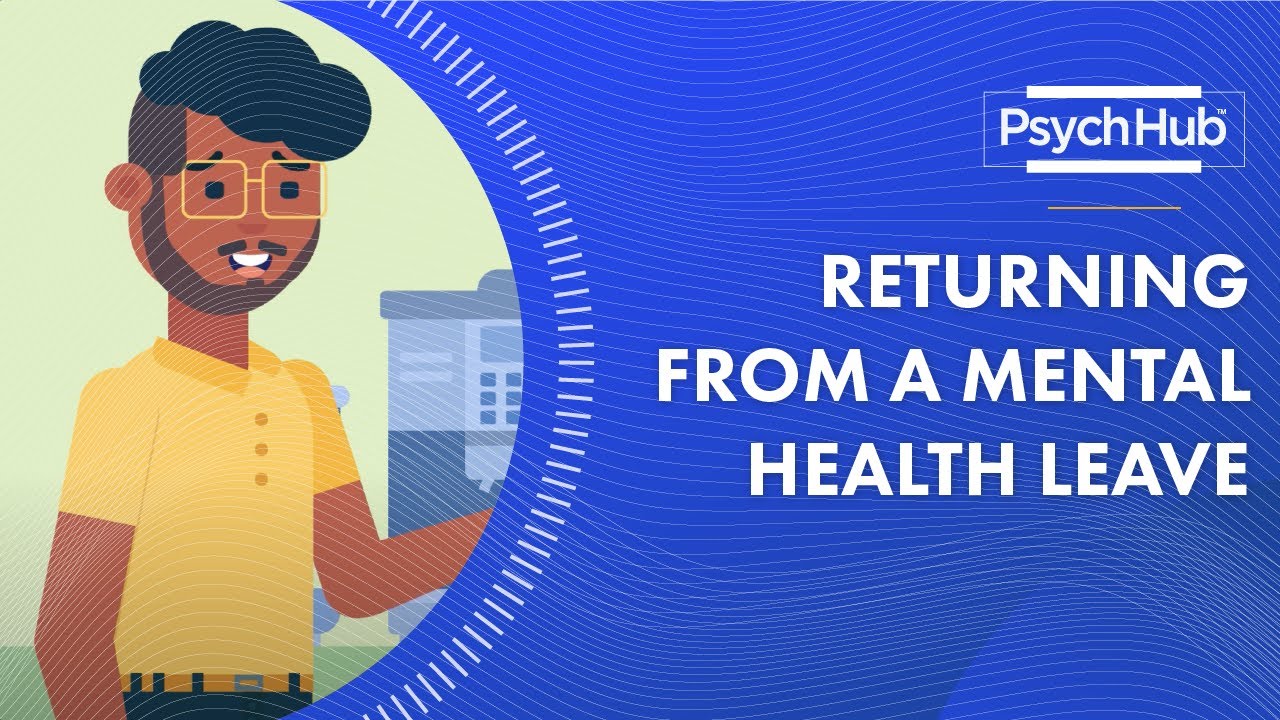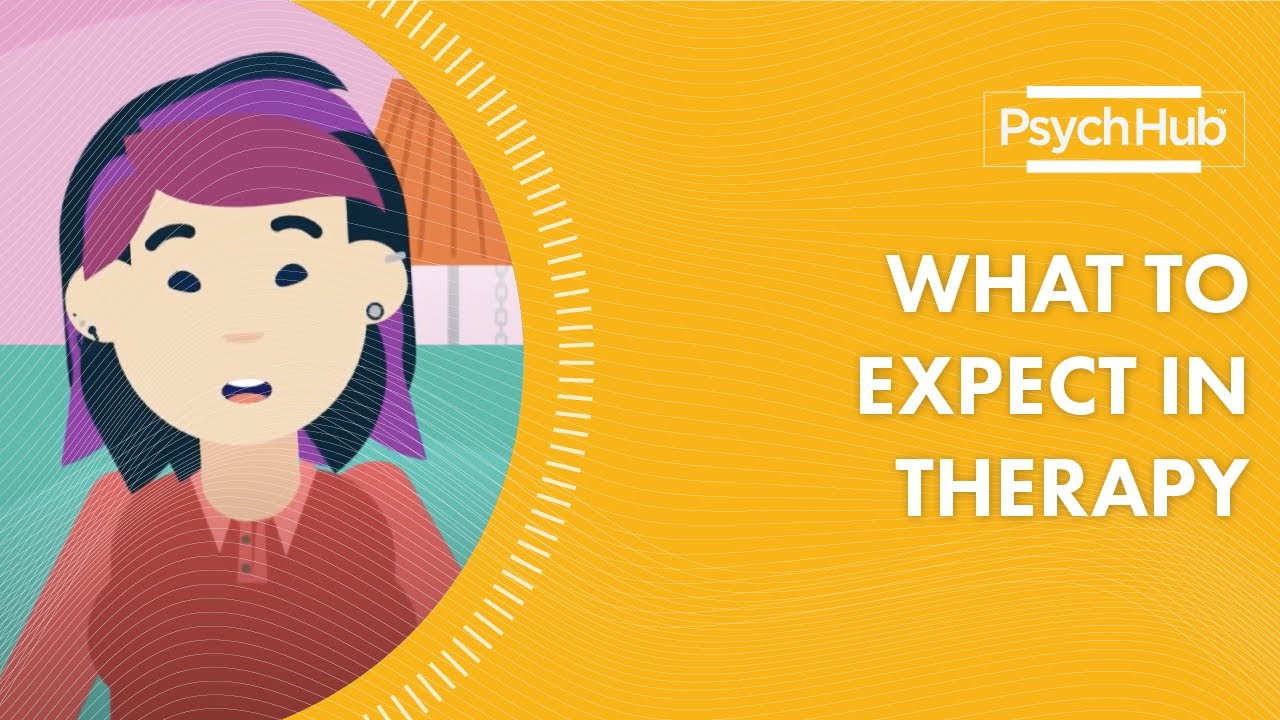You are not alone in feeling the weight of loneliness, a pervasive experience that can often seem insurmountable. “Mindfulness and Loneliness: Impact of Mindfulness Techniques on Mood and Brain Function” delves into how mindfulness practices, such as Mindfulness-Based Stress Reduction (MBSR) and Cognitively-Based Compassion Training (CBCT), profoundly influence your mood and brain by fostering neuroplasticity, thereby rewiring your mind with consistent practice. These mindfulness techniques have demonstrated significant long-term benefits, from reducing mental distress to enhancing coping skills and overall health. Through increased self-awareness and compassion, these practices not only alleviate feelings of loneliness but also promote stronger social connections, providing you with a resilient foundation for mental well-being. This insightful exploration highlights how incorporating mindfulness into your daily life could be the key to easing your loneliness and building a brighter, more connected future. Have you ever felt the weight of loneliness, despite being surrounded by people? Many of us have experienced moments where the world feels isolating, and our own thoughts seem like our only company. Exploring the profound relationship between mindfulness and loneliness might just offer you a beacon of hope and a pathway to enhanced mental well-being.
Mindfulness and Loneliness: Impact of Mindfulness Techniques on Mood and Brain Function
Mindfulness and Loneliness
Loneliness is a complex and often emotionally painful experience. However, mindfulness techniques have surfaced as a promising means to not only alleviate this ache but also to positively impact both your mood and brain function. At its core, mindfulness is about being present in the moment, fully embracing your experience without judgment. This can be a powerful tool in transforming how you interact with yourself and, by extension, the world.
Positive Impact on Mood and Brain Function
Engaging in mindfulness practices can profoundly affect your mood, lifting your spirits and bringing about a sense of calm. Studies have shown that regular mindfulness training can lead to significant improvements in brain function, enhancing areas associated with emotional regulation and self-awareness. This means you can better navigate the ebbs and flows of life’s emotional tides.
Neuroplasticity: Rewiring Your Brain
Your brain is a remarkable organ capable of change and adaptation through a process known as neuroplasticity. With regular mindfulness practice, you can literally rewire your brain, creating new neural pathways that support healthier, more resilient mental states. Imagine reprogramming your brain to foster positivity and reduce the habitual dwelling on negative thoughts.
Meditation Practices
Consistent mindfulness meditation, especially when practiced for an hour a day, five days a week, for a year, has shown to bring tangible benefits. The commitment to such a regimen may feel daunting, but the rewards can be life-changing. Many who have dedicated themselves to this discipline report substantial decreases in feelings of loneliness and significant enhancements in overall mood.
Long-Term Benefits
Mindfulness isn’t just a quick fix; its effects can be long-lasting and deeply transformative. By embedding mindfulness into your daily life, you can cultivate long-term resilience and improved mental health.
Sustained Benefits Over Time
Participants in mindfulness programs often report benefits that last for years. These include less mental distress, heightened mindfulness, and enhanced coping skills. By continually practicing mindfulness, you build a foundation of mental well-being that supports you through life’s challenges.
Reports from Practitioners
Many individuals who have integrated mindfulness into their routine speak of lasting effects, such as better overall health and reduced stress levels. These practitioners often describe a newfound sense of peace and a profound connection to their inner selves.
Specific Interventions
Mindfulness is not a one-size-fits-all approach. Various interventions cater to different needs and preferences, offering specialized techniques to address specific aspects of mental health and loneliness.
Mindfulness-Based Stress Reduction (MBSR)
Developed in 1979 to help reduce chronic pain, Mindfulness-Based Stress Reduction (MBSR) focuses on being present through exercises like yoga, deep breathing, and meditation. These practices help you become acutely aware of your body and your surroundings, which can be instrumental in reducing stress and feelings of isolation.
Cognitively-Based Compassion Training (CBCT)
Cognitively-Based Compassion Training (CBCT) emphasizes compassion for yourself and others. This practice helps you develop positive connections, reducing feelings of loneliness by fostering empathy and kindness. By cultivating a compassionate mindset, you extend warmth and understanding, both towards yourself and those around you.
Mechanisms and Effects
The beauty of mindfulness lies in its ability to enhance self-awareness and promote emotional regulation. Through mindfulness, you gain a clearer understanding of your thoughts and feelings, which empowers you to make thoughtful, intentional choices.
Increased Self-Awareness and Objectivity
Mindfulness increases your self-awareness, allowing you to observe your emotions and behaviors with objectivity. This heightened awareness helps you recognize patterns that may contribute to loneliness and offers insights into how you can alter these patterns.
Encourages Self-Regulation and Responsible Attitudes
Practicing mindfulness encourages self-regulation, giving you the tools to manage your emotions more effectively. This not only reduces impulsivity but also nurtures responsible attitudes towards yourself and others, creating a ripple effect of positivity.
Building Positive Connections
Mindfulness also helps build positive connections by reducing rumination and worry. When you are less consumed by negative thoughts, you have more mental space to engage meaningfully with those around you. This fosters deeper and more fulfilling social connections.
Implementation and Community Engagement
Mindfulness is gaining recognition as a valuable tool for mental well-being, supported by various organizations and community initiatives. However, its implementation can vary, particularly in diverse societies where balancing secular and non-secular approaches can present challenges.
Promoting Mindfulness in Various Settings
Organizations worldwide have started to incorporate mindfulness into different settings, including healthcare, education, and workplaces. These initiatives aim to make mindfulness accessible to more people, helping them harness its benefits for improved mental health.
Malaysian Mental Health Association
The Malaysian Mental Health Association, for instance, has acknowledged the importance of mindfulness in mental well-being. By promoting mindfulness practices, they aim to support individuals in managing stress and enhancing their overall quality of life.
Balancing Secular and Non-Secular Approaches
In diverse societies, there can be challenges in balancing secular and non-secular approaches to mindfulness. It is essential to tailor mindfulness programs to respect and accommodate varied cultural and religious backgrounds, ensuring inclusivity and broad acceptance.
Research and Future Directions
While the current research on mindfulness and loneliness is promising, more extensive studies are necessary to fully understand the scope of its effects. The existing findings suggest that mindfulness fosters self-awareness, compassion, and stronger social connections, but further exploration can uncover additional insights and refine techniques.
The Need for Extensive Research
To solidify our understanding of mindfulness’ impact on loneliness, more comprehensive research is needed. Such studies can help identify the most effective mindfulness practices and provide detailed guidance on how to integrate them into daily life.
Fostering Self-Awareness and Compassion
Emerging research underscores mindfulness’ role in fostering self-awareness and compassion. By cultivating these qualities, mindfulness helps you build stronger, more empathetic relationships, which are crucial in mitigating loneliness.

Conclusion
Mindfulness is a powerful tool for improving mental health and reducing loneliness. By embracing mindfulness practices, you can foster resilience, enhance your emotional well-being, and create meaningful connections with others. The journey of mindfulness is about embracing the present moment and nurturing a compassionate and attentive approach to life. Whether you are just beginning or looking to deepen your practice, the benefits are profound and far-reaching, paving the way to a healthier, more connected existence.






